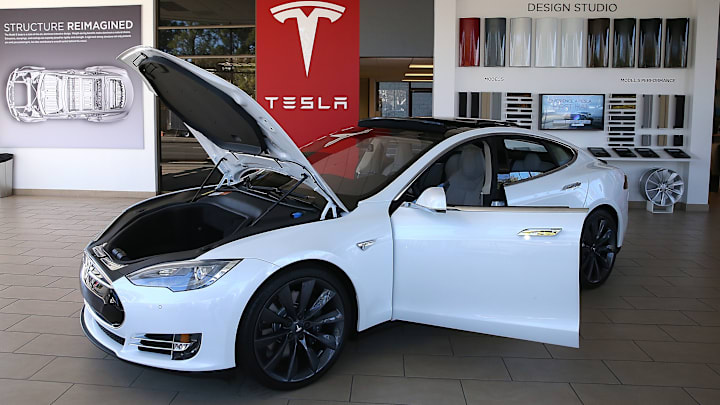The Future of Electric Vehicles: Trends and Innovations

Electric vehicles (EVs) are rapidly becoming the future of the automotive industry. With advancements in battery technology, EVs now travel longer distances on a single charge. Companies like Tesla, Rivian, and Lucid Motors lead the way, offering vehicles with ranges exceeding 300 miles. Additionally, the development of fast-charging networks reduces the time required to recharge, making EVs more convenient for everyday use. Innovations such as solid-state batteries and wireless charging are on the horizon, promising even greater efficiency and ease of use. As governments worldwide push for greener transportation, EVs are set to dominate the market in the coming decades.
The environmental benefits of EVs are significant. They produce zero tailpipe emissions, reducing air pollution and greenhouse gas emissions. This is particularly important in urban areas where air quality is a major concern. Furthermore, the shift to renewable energy sources for electricity generation enhances the sustainability of EVs. Solar, wind, and hydroelectric power can provide the necessary energy, creating a cleaner and more sustainable transportation ecosystem.
The automotive industry is also witnessing a surge in EV model availability. From compact cars to SUVs and luxury sedans, consumers now have a wide range of options to choose from. This variety caters to different needs and preferences, making EVs accessible to a broader audience. As the infrastructure for EVs continues to improve, with more charging stations being installed and advancements in battery technology, the adoption of electric vehicles is expected to accelerate, leading to a greener and more sustainable future for transportation.